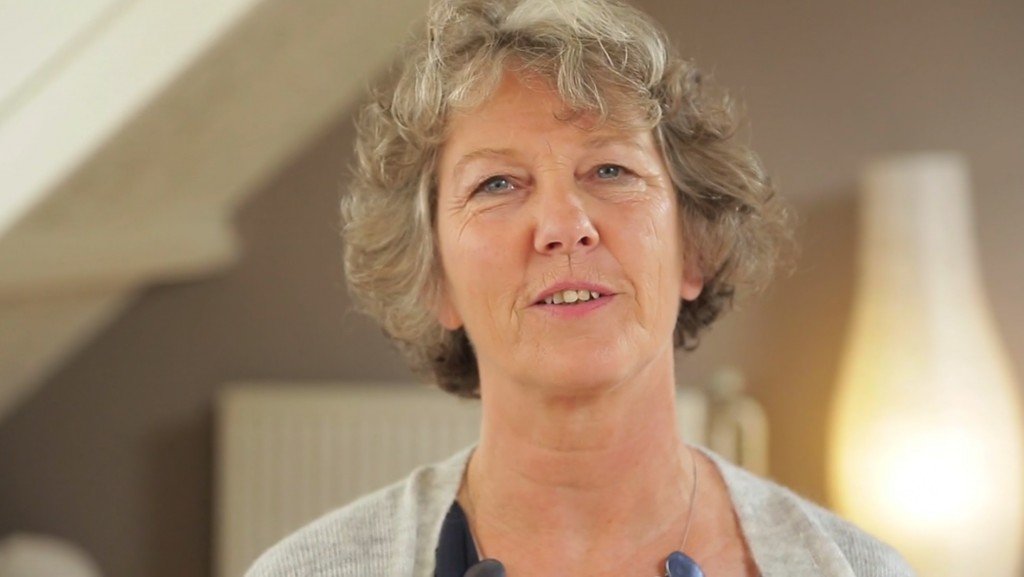Haptonomie, the study of the emotional and psychological effects of touch, extends far beyond improving interpersonal relationships. It also offers profound benefits for personal growth and self-development. By integrating Haptonomie principles into our daily lives, we can foster greater self-awareness, enhance emotional resilience, and cultivate a more balanced and fulfilling life.

Developing Self-Awareness Through Touch
One of the core aspects of Haptonomie is understanding how touch influences our emotional state. Applying this knowledge helps us become more attuned to our own feelings and responses. By paying attention to how different types of touch affect us, we can gain insights into our emotional needs and preferences.
For example, practices such as self-massage or mindful touch can provide valuable feedback about our physical and emotional states. When we engage in these practices, we become more aware of areas of tension, stress, or discomfort, which can guide us in addressing these issues more effectively. This increased self-awareness is a crucial step in personal growth, as it enables us to recognize and address our emotional needs more proactively.
Enhancing Emotional Resilience
Haptonomie also plays a significant role in building emotional resilience. Touch-based practices, such as self-care routines and supportive physical contact, help us manage stress and navigate challenges with greater ease. By incorporating mindful touch into our daily lives, we create a sense of comfort and stability that can buffer against emotional strain.
For instance, engaging in regular self-care practices like gentle stretching or soothing self-massage can help us release built-up tension and promote relaxation. These activities not only improve our physical well-being but also strengthen our emotional resilience by providing a reliable source of comfort and support. By fostering a consistent practice of self-care, we build a foundation for managing stress and overcoming obstacles more effectively.
Cultivating Self-Compassion
Haptonomie encourages us to approach ourselves with kindness and understanding. Incorporating touch-based self-care practices into our routines helps us cultivate self-compassion and reinforce a positive relationship with ourselves. By engaging in activities that promote relaxation and emotional well-being, we show ourselves care and appreciation.
For example, setting aside time for self-massage or mindful touch can create a nurturing environment for self-compassion. These practices allow us to connect with ourselves on a deeper level, reinforcing a sense of self-worth and acceptance. By prioritizing self-care and embracing the principles of Haptonomie, we develop a more compassionate and supportive attitude towards ourselves.
Applying Haptonomie in Personal Development
Integrating Haptonomie principles into personal development efforts can enhance various aspects of our growth journey. Whether we are working on setting goals, improving our skills, or pursuing new interests, mindful touch and emotional awareness can provide valuable support and insight.
For example, incorporating mindful touch into goal-setting practices—such as taking a moment for a reassuring touch before setting intentions—can enhance our focus and motivation. Similarly, practicing self-care through touch-based activities can help us maintain a balanced and centered approach as we pursue our personal development goals. By aligning our growth efforts with the principles of Haptonomie, we create a more supportive and fulfilling path toward personal achievement.
Conclusion
Applying Haptonomie for personal growth offers valuable tools for enhancing self-awareness, building emotional resilience, and cultivating self-compassion. By integrating mindful touch and emotional awareness into our daily lives, we create a more balanced and fulfilling path for personal development. Whether through self-care practices, emotional resilience-building activities, or goal-setting efforts, Haptonomie provides powerful insights and support for achieving personal growth and well-being. Embracing these principles helps us connect more deeply with ourselves and foster a more positive and nurturing relationship with our own emotional landscape.





Tried 797bet for the first time last night. Variety of games is great, and I actually won a few bucks! Will definitely be back to try my luck again. Visit them here: 797bet
Hey guys, tried 22vipbet recently. The interface is super slick, easy to navigate even if you’re a newbie. They seem to be pushing sports betting hard, which is my jam. Odds are competitive, so give ’em a look. Check ’em out: 22vipbet.
Alright, guys, let’s talk 88phatbet. I gotta say, this site’s got some serious potential. Good selection of games, and seems reliable enough. Just a heads-up, do your due diligence as always, but I’m cautiously optimistic! Check it out here: 88phatbet
Just cruised through s666welcome. Not gonna lie, it caught my eye. Lots of interesting stuff. Worth a deeper dive, fo shizzle.
**mitolyn**
Mitolyn is a carefully developed, plant-based formula created to help support metabolic efficiency and encourage healthy, lasting weight management.
Your point of view caught my eye and was very interesting. Thanks. I have a question for you. https://accounts.binance.info/register-person?ref=IXBIAFVY